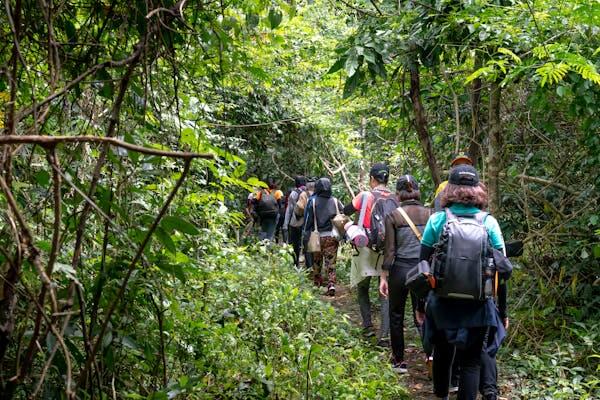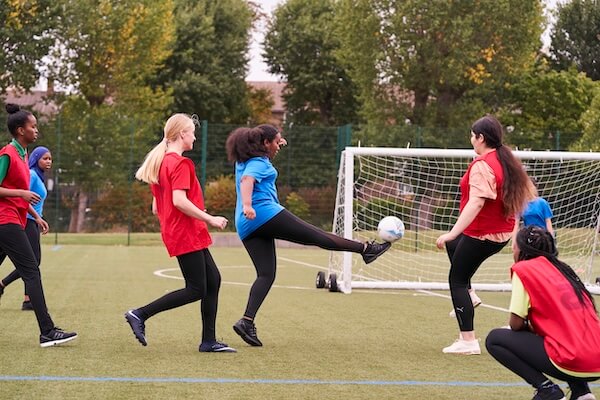
Growing older doesn't mean slowing down. In fact, staying active is one of the best ways to maintain your health, independence, and happiness as you age. Whether you're 60 or 90, it's never too late to start moving-and reap the rewards.
Exercise: A Powerful Tool for Healthy Ageing
Exercise & Sports Science Australia (ESSA), the peak national body for exercise and sports science, has released a free ebook titled Exercise for Older Adults. This guide encourages older Australians to get moving and explains how physical activity can help manage and even prevent a wide range of age-related conditions.
Why Exercise Matters as You Age
Staying active offers a host of benefits for older adults, including:
-
Greater independence in daily activities
-
Improved mood and mental wellbeing
-
Reduced risk of falls and fractures
-
Better management of chronic conditions like dementia, osteoporosis, heart disease, and even cancer
How Much Activity Do You Need?
According to the Australian Physical Activity and Sedentary Behaviour Guidelines, older adults should aim for at least 30 minutes of moderate-intensity activity on most, if not all, days. The best routine combines:
-
Aerobic exercise (for heart and lung health)
-
Strength training (to maintain muscle and bone)
-
Balance exercises (to prevent falls)
-
Flexibility work (to stay limber)
-
Incidental activity (those everyday movements that add up)
Types of Exercise That Work for You
Aerobic Activities These get your heart rate up and include walking, swimming, cycling, and dancing.
Strength Training Helps preserve muscle and bone. Try bodyweight exercises like push-ups or squats, resistance bands, yoga, Pilates, or even heavy gardening.
Balance Exercises Improve your stability with simple moves like standing on one leg, Tai Chi, or yoga poses such as tree pose or the flamingo stand.
Incidental Activity Everyday tasks count too! Activities like gardening, cleaning, walking to the shops, or taking the stairs are valuable ways to stay active.
Getting Started Safely
If you haven't been active in a while, speak with your GP or a qualified exercise professional before starting. Then:
-
Start slow: Choose a pace that feels comfortable.
-
Build gradually: Increase your activity level over time.
-
Use the talk test to gauge intensity:
-
Talking and singing? Light intensity.
-
Talking but not singing? Moderate.
-
Struggling to talk? That's vigorous.
-
Find Activities Near You
Looking for local fitness groups, guided walks, or community sports events? Whether you're interested in tennis socials, badminton groups, or walking clubs, our Activity Search tool can help you discover groups near you. Try our event search for everything from come-and-try sports days to social fitness events in cities like Melbourne and Sydney, there are plenty of ways to stay active, meet new people, and enjoy your favorite activities in a friendly, welcoming environment.
About ESSA
Exercise & Sports Science Australia (ESSA) is the peak professional body representing university-qualified exercise and sports science professionals. We advocate for safe, effective, and evidence-based physical activity for all Australians-especially older adults.






